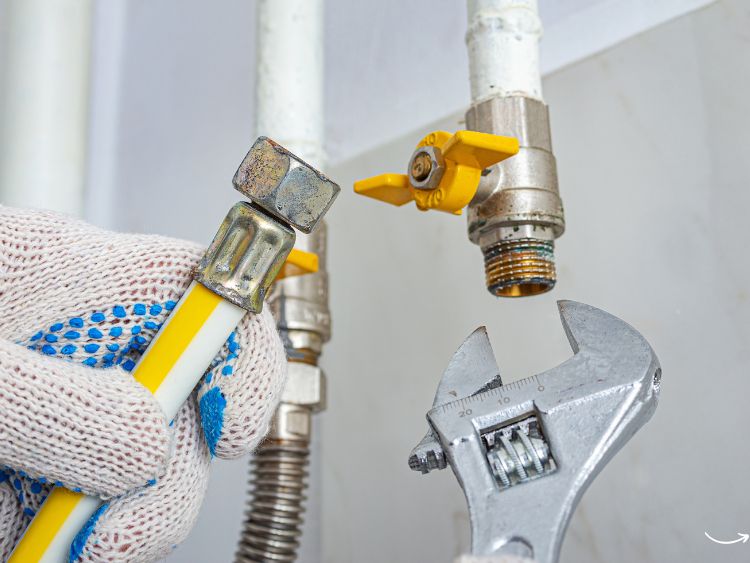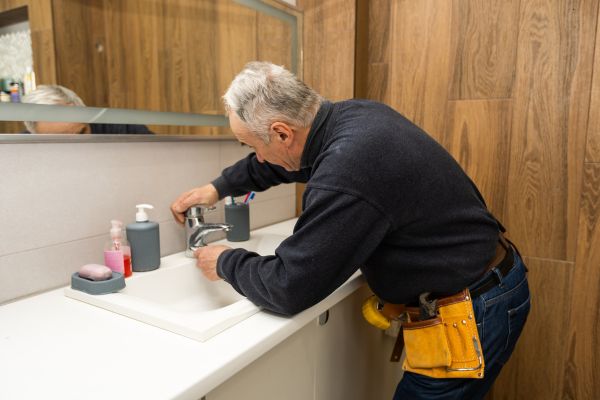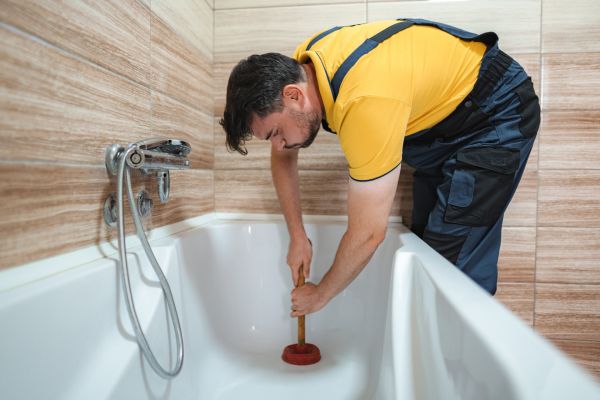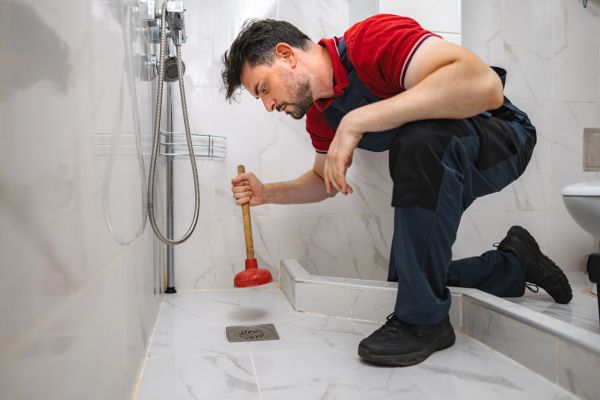Gas lines are essential components of our homes, providing the fuel necessary for heating, cooking, and other vital functions. But when these lines encounter problems, it can lead to serious safety issues. This guide will walk you through everything you need to know about gas line repair, from identifying common problems to understanding repair processes and safety measures.
Picture this: you’re preparing a hearty meal for your family, and suddenly, you smell gas. Panic sets in, right? Gas leaks are not only inconvenient but can be downright dangerous. Whether you’re a seasoned DIY enthusiast or someone who prefers to call in the experts, understanding the basics of gas line repair can save you time, money, and, most importantly, ensure your safety. So, let’s dive in and unravel the mysteries of gas line repair!
Understanding Gas Lines
What Are Gas Lines?
Gas lines are pipelines that transport natural gas from the source to various appliances in your home. These lines are typically made from materials like copper, brass, or steel, designed to withstand high pressure and corrosion.
Why Do Gas Lines Need Repair?
Over time, gas lines can develop issues due to several factors:
- Corrosion: Metal pipes can corrode, leading to leaks.
- Wear and Tear: General wear and tear from constant use.
- Accidental Damage: Construction work or heavy digging can accidentally damage gas lines.
- Faulty Installation: Poor installation practices can lead to long-term issues.
Common Signs of Gas Line Problems
Identifying gas line issues early can prevent potential disasters. Here are some common signs that indicate a problem with your gas line:
Unusual Odors
Natural gas is odorless, but utility companies add a distinct smell (like rotten eggs) to help detect leaks. If you notice this odor, it’s a strong indicator of a gas leak.
Hissing Sounds
A hissing or whistling sound near your gas line or appliances can indicate a gas leak.
Dead Plants
If you notice dead or dying vegetation in your yard, especially near the gas line, it could be a sign of a leak.
High Gas Bills
Unexplained spikes in your gas bill can indicate a leak, as your system might be losing gas.
Steps for Gas Line Repair
When it comes to repairing gas lines, safety is paramount. Here’s a step-by-step guide to help you navigate the process:
1. Turn Off the Gas
Before you do anything, turn off the gas supply to your home. Locate the main shut-off valve, usually found near the gas meter, and turn it off.
2. Ventilate the Area
Open windows and doors to ventilate the area and prevent gas buildup.
3. Identify the Problem
Carefully inspect the gas line for visible damage, such as cracks or corrosion.
4. Call a Professional
While some minor repairs can be done DIY-style, it’s generally safer to call a licensed professional. Gas line repairs can be complex and dangerous if not handled correctly.
5. Conduct the Repair
If you decide to proceed with the repair yourself, here’s what you’ll need:
- Pipe Wrench
- Pipe Cutter
- Replacement Pipe or Fitting
- Thread Sealant
Steps:
- Cut the Damaged Section: Use the pipe cutter to remove the damaged section of the gas line.
- Prepare the New Pipe: Cut a new section of pipe to the appropriate length.
- Apply Thread Sealant: Apply thread sealant to the threads of the new pipe.
- Install the New Pipe: Use the pipe wrench to install the new pipe securely.
6. Test the Repair
After completing the repair, turn the gas back on and check for leaks using a gas leak detector or soapy water (look for bubbles).
Safety Measures
Regular Inspections
Regular inspections by a professional can help catch potential problems early.
Install Carbon Monoxide Detectors
These detectors can alert you to dangerous gas levels in your home.
Know the Signs
Educate yourself and your family on the signs of a gas leak and what to do in an emergency.
FAQs about Gas Line Repair
What Should I Do If I Smell Gas?
If you smell gas, evacuate your home immediately and call your gas company or emergency services. Do not use electrical devices or open flames.
Can I Repair My Gas Line Myself?
While minor repairs might be manageable, it’s generally safer to hire a professional. Incorrect repairs can lead to dangerous situations.
How Much Does Gas Line Repair Cost?
The cost varies depending on the extent of the damage and local labor rates. On average, you might expect to pay between $150 to $700 for a professional repair.
How Often Should Gas Lines Be Inspected?
It’s recommended to have your gas lines inspected annually by a qualified professional.
Summary
Gas line repair is not something to take lightly. Whether it’s recognizing the signs of a problem, understanding the repair process, or taking necessary safety measures, being informed is your best defense against potential gas-related hazards. Regular inspections and knowing when to call a professional can keep your home safe and your gas appliances running smoothly.
Authoritative Links
For more information on gas line repair and safety, check out these resources:
- National Fire Protection Association: www.nfpa.org
- American Gas Association: www.aga.org
- U.S. Consumer Product Safety Commission: www.cpsc.gov
Understanding gas line repair empowers you to take the right actions swiftly and safely. Stay informed, stay safe, and remember, when in doubt, always call a professional!



